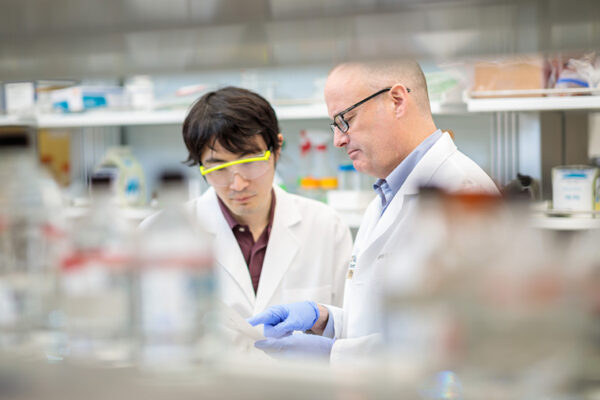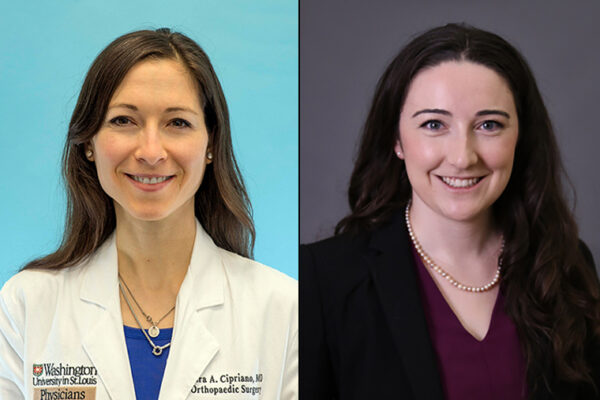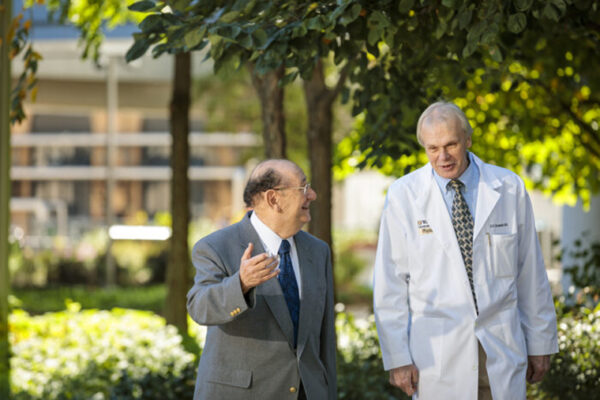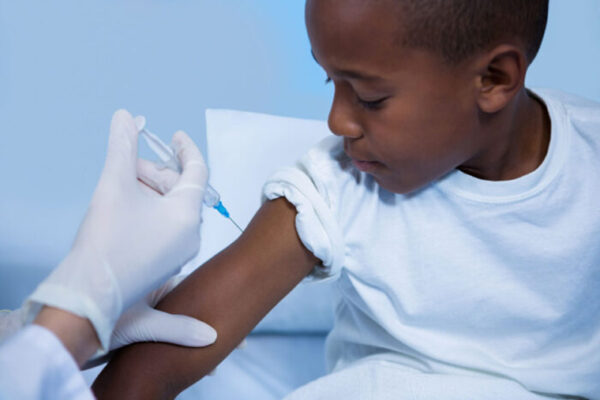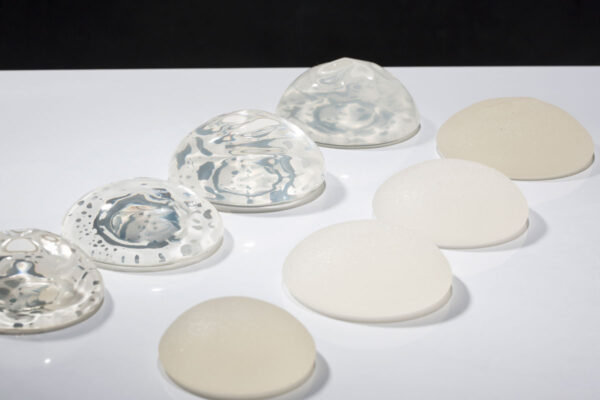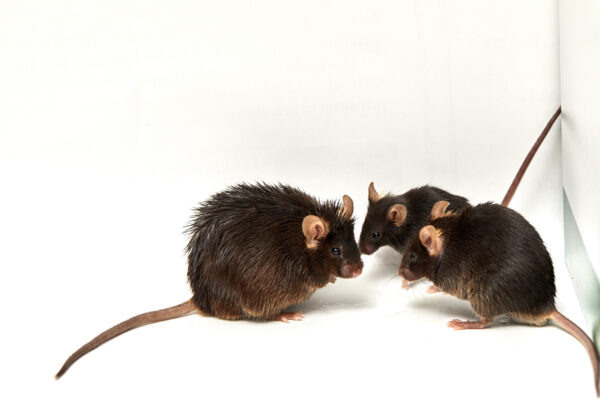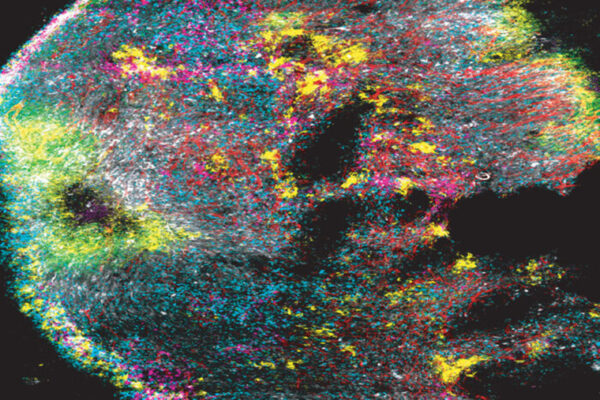Guilak honored by regenerative medicine organization
Farshid Guilak, professor of orthopedic surgery at Washington University School of Medicine in St. Louis, has been chosen to receive this year’s Senior Scientist Award from the Tissue Engineering and Regenerative Medicine Society.
Washington People: Benjamin D. Humphreys
Nephrologist Benjamin Humphreys, MD, PhD, director of the Division of Nephrology at the School of Medicine, is a leading innovator in kidney research. Humphreys seeks to find better treatments to prevent kidney failure, a potentially fatal condition affecting 37 million Americans.
Cipriano, Gerull receive grant to study gender factors in orthopedics training
Cara Cipriano, MD, assistant professor of orthopedic surgery at Washington University School of Medicine in St. Louis, and Kate Gerull, a medical student at the school, received a grant from the American Medical Association (AMA) Women Physicians Section and the AMA Foundation to conduct a multicenter study of gender factors that may influence students’ decisions to pursue careers in orthopedic surgery.
New antidepressants on horizon
Medical scientists at the Taylor Family Institute for Innovative Psychiatric Research have pioneered the use of neurosteroid drugs to treat psychiatric illness.
Flu antibody protects against numerous and wide-ranging strains
A human antibody that protects mice against a wide range of lethal flu viruses could be the key to a universal vaccine and better treatments for severe flu disease, according to a new study from Washington University School of Medicine in St. Louis, Icahn School of Medicine at Mount Sinai in New York City, and Scripps Research in La Jolla, Calif.
Longer Life Foundation awards grants to 10 researchers
Ten researchers at Washington University in St. Louis have received funding from the Longer Life Foundation, a cooperative effort between the School of Medicine and the Reinsurance Group of America (RGA). The grants help junior investigators launch research projects and assist more established researchers as they extend their investigations into new areas.
Surgeon weighs in on textured breast implants
Textured breast implants have been linked to a rare and sometimes fatal cancer. Terence M. Myckatyn, MD, who wrote about the issue in a commentary published Oct. 23 in JAMA Surgery, answers questions about the implants.
Arthritis risk linked to obesity may be passed down through generations
New research in mice from the School of Medicine suggests obesity may increase arthritis risk not only in obese people but in their children and grandchildren, too.
Clues to improve cancer immunotherapy revealed
School of Medicine researchers have demonstrated in a new study that both killer and helper T cells are needed for tumors to be rejected during cancer immunotherapy.
Dementia patients’ adult kids diagnosed earlier than their parents
A new School of Medicine study indicates that people with dementia — whose parents also had dementia — develop symptoms an average of six years earlier than their parents.
View More Stories

